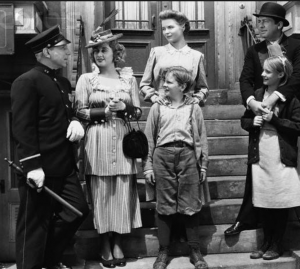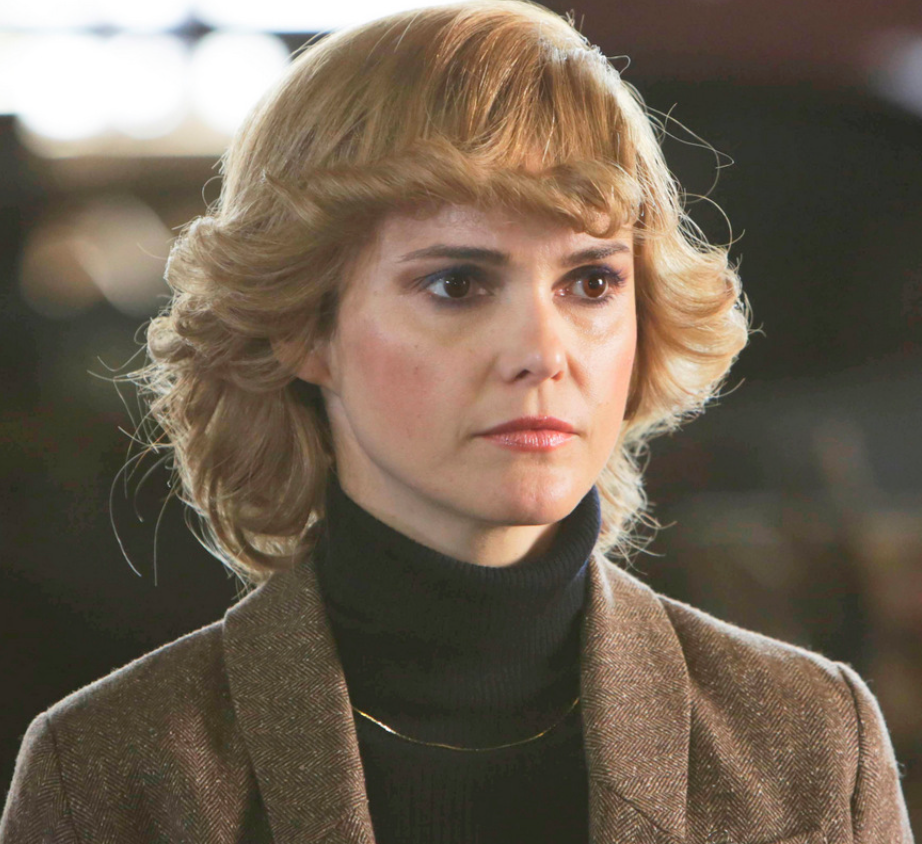 Even before Brooklyn became the nation’s hottest borough, it figured prominently in cinema. Its image has changed drastically over the years, though–from a working class, matter-of-factly multicultural bastion to the hipster playground that’s mocked and celebrated today. Not to malign triple-shot almond milk lattes and bearded men in skinny jeans, but for those longing for old-school BK (and regular coffee!) these movies are a good place to start.
Even before Brooklyn became the nation’s hottest borough, it figured prominently in cinema. Its image has changed drastically over the years, though–from a working class, matter-of-factly multicultural bastion to the hipster playground that’s mocked and celebrated today. Not to malign triple-shot almond milk lattes and bearded men in skinny jeans, but for those longing for old-school BK (and regular coffee!) these movies are a good place to start.
A Tree Grows In Brooklyn (1943)
Elia Kazan’s first film is not his finest–it took a few years before he shed that studio system staginess–but it is an affecting adaptation of Betty Smith’s beloved novel set in 1900s Williamsburg, Brooklyn. A theater director initially, Kazan excelled at working with actors; under his tutelage, Peggy Ann Garner, whose real-life father was fighting in World War II, was heartbreaking as Francie, a scholarly girl with an alcoholic dad, played equally movingly by James Dunn, the Hollywood veteran derailed by his own love affair with the bottle. (He won an Academy Award for this performance.) A beautifully blue valentine to early twentieth-century tenement life. Continue Reading →



